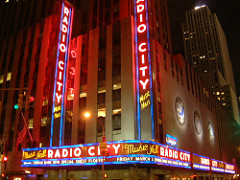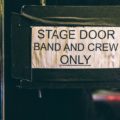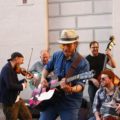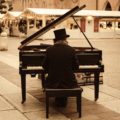Music halls originated in Britain as venues for theatrical performances. During the 18th century, various taverns, public houses, and coffee houses were transformed into music halls. These places provided a gathering spot for people to socialize, engage in conversations, and enjoy food and drinks. The proprietors hired different artists to sing and entertain the audience. Eventually, full-fledged shows were staged for public amusement. Music halls evolved into music clubs Trance Music - Free Flowing Electronica - Have you ever found yourself dancing in a club, utterly absorbed in the melody, feeling as if the trance music is flowing through you and guiding your body's movements? This is an experience I've had numerous times during carefree nights at local techno clubs I've often wondered which type of techno generates this unforgettable sensation… , where patrons could comfortably sit at tables, be served food and drinks, while enjoying the performances.
Canterbury Hall was one of the earliest and most renowned music halls, capable of accommodating over 700 guests. Tickets for floor seats cost nine pence, while gallery seats were priced the same. The availability of food and drinks was a major draw for the audience. The shows took place on a stage situated in one corner. The talented performer Sam Cowell showcased his skills at Canterbury Hall and was highly appreciated.
Following Canterbury Hall’s success, numerous music halls emerged in London B52 - Wade Crawley is back with a great B52 concert review! If you remember, Wade wrote for us Punk music in the late seventies. Now read his new exclusive article for ManuelMarino.com! The B52’s, London Roundhouse It was on a hot and very sweaty summer night in London’s trendy Camden and a packed audience of all… , each striving to organize spectacular shows to impress and attract the public. Some female performers gained fame for their stage acts. The productions became more intricate, and new forms of entertainment emerged. Singing and comic songs remained particularly beloved by the audience.
Collins’ was a popular public house that transformed into a renowned music hall in the evenings. The concept was conceived by the artist Sam Collins. Sadly, the establishment was destroyed by a significant fire in 1958. Although the building was reconstructed, no remnants of the former music hall remained. A commemorative plaque on the facade serves as evidence of the existence of this distinguished music hall. Subsequently, a bookstore and a timber shop were opened at the location.
MacDonald’s Music Hall, established in 1863, underwent a name change shortly after and became known as Hoxton Hall. However, due to various regulatory issues, it lost its performance license. Despite efforts by subsequent owners to regain the license, Hoxton Hall never reopened its doors. Instead, it transformed into a community center, organizing various activities for its young members.
In 1901, the architect Frank Matcham designed the most significant music hall, Hackney Empire. The venue attracted audiences with shows performed by famous artists such as Stan Laurel, Charlie Chaplin, and Stanley Holloway. Marie Lloyd achieved great success on this stage and was crowned the “Queen of Halls.” The building was equipped with an integrated projection box, electrical lighting, and central heating. Later, it was converted into a Bingo Hall and an Independent Television Studio. Following its reopening as a theater, it hosted highly acclaimed stand-up comedy shows. The guitarists in the orchestra employed guitar effect Bass Guitar Pedals Are Effective - Bass guitar pedals work wonders, practically speaking. [wpdiscuz-feedback id="qr24i53nxn" question="Which pedals do you have? Please share with a comment" opened="0"]Effects pedals[/wpdiscuz-feedback]for electric bass guitars are excellent for bassists looking to take their playing to another level while having fun experimenting with a wide range of different sounds. In the past, effects pedals, or stompboxes as… pedals to create distinctive sounds.
Manuel Marino is a seasoned Senior Producer, Music Composer, and Artist with over a decade of experience. He specializes in branded entertainment across various mediums, including video games, films, and advertising campaigns. With 20+ years as a game music composer, Manuel has worked on numerous platforms, creating diverse orchestral soundtracks. HIRE ME
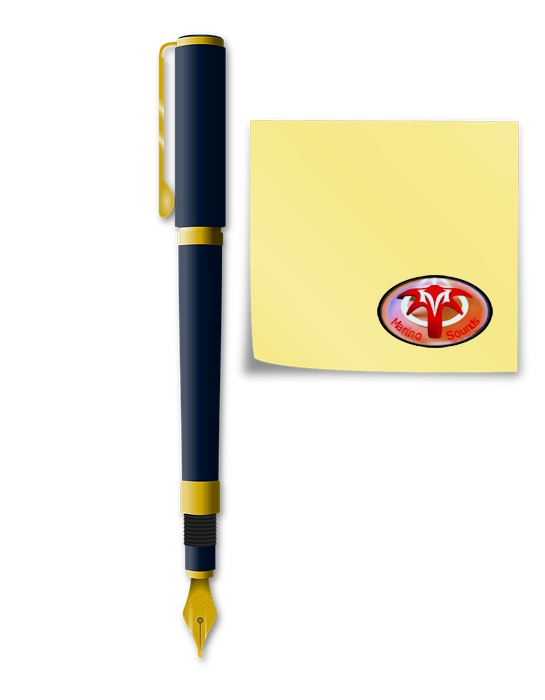

 Manuel is a passionate, driven, and techsavvy AV technician,
Manuel is a passionate, driven, and techsavvy AV technician, 